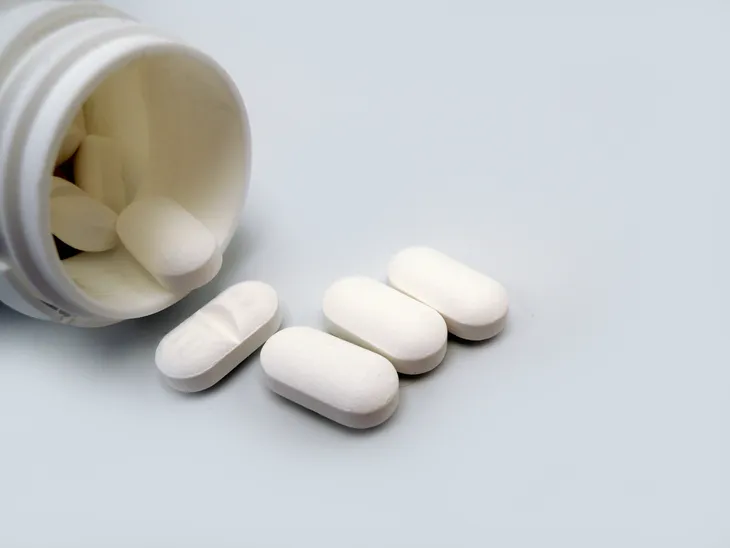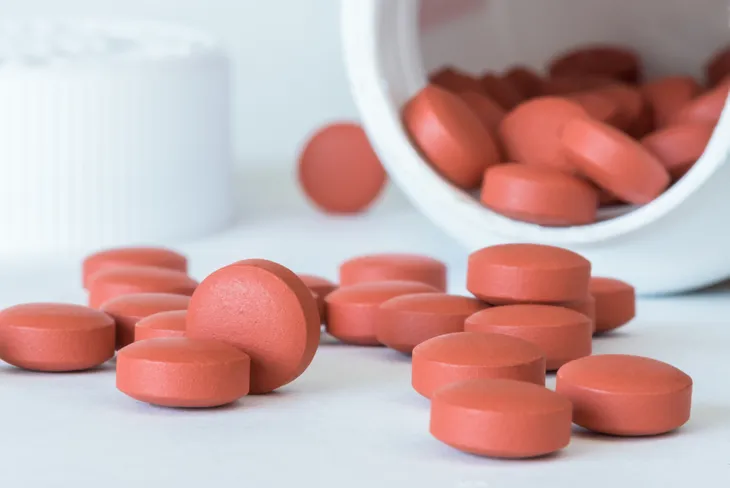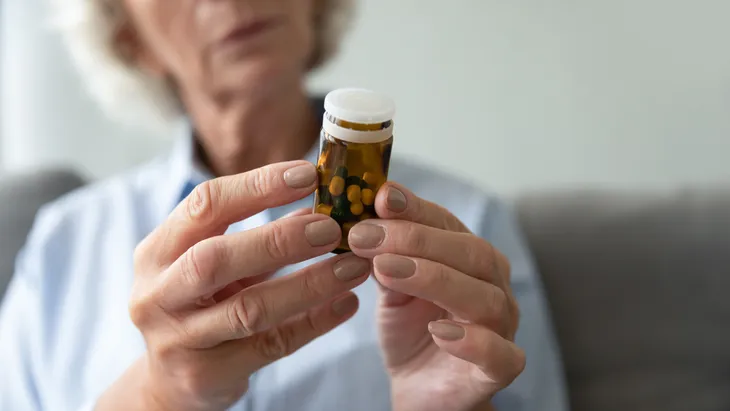Toxic liver damage, also known as hepatotoxicity, is damage to your liver that causes serious symptoms. The liver is responsible for processing your blood. In doing so, it may form toxins, which inflame and damage the liver. This disease can be mild or severe to the point where your body experiences permanent liver scarring, cirrhosis, or liver failure.
When you’re taking medicine, the last thing you’re probably thinking about is how it could potentially lead to liver damage. But the reality is, seemingly harmless pills you take to cure your headaches, body pain, infections, and other ailments could do more harm than good if not taken properly.
The following medications are some of the most toxic to your liver.
Tylenol
Tylenol can be a lifesaver when you’re dealing with pain or fever. But this over-the-counter (OTC) medication could also put your health at risk if you do not follow dosage directions correctly. That’s because Tylenol contains acetaminophen, an ingredient that’s commonly used in medicine to help treat cold and flu symptoms, allergies, or sleeplessness.
The U.S. Food and Drug Administration (FDA) says that too much acetaminophen can cause liver damage. This can potentially escalate to liver failure and can even be fatal in just several days. Lower your risk by taking the recommended dosage and don’t mix it with other medications.
Advil
One medication brand that’s become a go-to for treating aches and pains is Advil. The powerful healing ingredient used in this pill is ibuprofen, a type of medication that contains fever-reducing and anti-inflammatory properties.
Medical News Today explains how liver failure is rare but can be a serious possible side effect of ibuprofen. Since the liver is responsible for processing everything that enters your body, Advil could have unintended consequences on the liver when not taken carefully.
Other Medications With Ibuprofen
Many different pain medications also use ibuprofen as an ingredient. These are typically available OTC and widely available at most drug stores. Other examples of medications that contain ibuprofen include:
- Motrin
- Brufen
- Genpril
- Ibu-Tab
- Cuprofen
- Nurofen
It’s recommended that you only take the recommended dosage of ibuprofen medications, or avoid it altogether if your symptoms are mild.
Aleve
Aleve contains a medicinal ingredient called naproxen. This is a nonsteroidal anti-inflammatory drug that’s commonly used to treat mild or severe pain from arthritis. According to an article published on the National Center for Biotechnology Information, around three in 100,000 people experience a naproxen-induced liver injury each year.
There have also been cases that resemble acute hepatitis or jaundice occurring within one to six weeks of taking naproxen. The good news is liver injury is rare and recovery is usually rapid once a person stops taking naproxen.
Herbal Supplements
Herbal supplements are not much safer as an alternative to regular medicine. Some examples of herbal supplements include vitamins, natural herbs, herbal preparations, which can induce liver injury. In fact, herbal and dietary supplement (HDS) induced liver injury accounts for 20-percent of hepatotoxicity cases in the U.S.
An article published in the U.S. National Library of Medicine says the major implicated products are anabolic steroids, green tea extract, and multi-ingredient nutritional supplements. More work needs to be done to regulate HDS products and make the public aware of their potential complications.
Augmentin
Augmentin is a type of antibiotic. GoodRx explains how it’s commonly used to treat infections of the sinuses and throat. It’s also a treatment for infections that impact the lung airways, also known as bronchitis.
Liver damage can occur from augmentin shortly after you start taking it. Unfortunately, signs of liver injury are also detected even after patients stop taking the medication. That’s why it’s best to stop taking augmentin and other antibiotics as soon as you’re able to.
Other Antibiotics
Aside from augmentin, there are many different types of antibiotics available that can be prescribed by doctors. It’s important to note how major studies found that antibiotics are the most common types of drugs reported on drug-induced liver injury.
An article published in the National Library of Medicine says patients experience delayed onset of liver injury after taking amoxicillin-clavulanate. An injectable antibiotic called cefazolin has also been found to lead to liver injury in 1 to 3-weeks after exposure.
Medication Taken With Alcohol
Not only can the type of medication you take lead to liver problems, but so can the way you take the medication. Taking medication while also drinking alcohol can increase your risk of many health problems, including liver damage.
WebMD says that alcohol can make drugs harmful or toxic to the body, even in small amounts. Alcohol could also decrease the effectiveness of medications.
With this in mind, It’s best to abstain from alcohol for as long as you’re taking medicine. This will help prevent serious complications and ensure your body is being properly treated.
Taking Too Much Medication
Overdosing on medication is one of the most serious complications that can occur when taking pills. It can potentially lead to liver failure, even if you’re being careful. The liver is responsible for breaking down drugs, which create damaging byproducts. Mayo Clinic explains how constant exposure to toxic substances can lead to toxic hepatitis.
Take medications only as directed by pharmacists or what the back of the bottle says for OTC medications. If you have to take multiple pills, talk to your doctor about safety tips. They’ll be able to tell you the safest way to take them and how to prevent unexpected complications.
Symptoms of Toxic Liver Damage
If you take pills regularly, then it’s a good idea to know the symptoms of toxic liver damage. This can indicate whether you should stop taking pills before your health worsens or when it’s time to seek medical attention.
The symptoms may come a few hours, days, or weeks after taking medication, depending on your exposure. According to WebMD, signs of liver toxicity include:
- Fever
- Diarrhea
- Dark-colored urine
- Itching
- Yellowish eyes and skin
- Headaches
- Lack of appetite
- Stomach pain
- Nausea or vomiting
- Weight loss
- White or gray stool
 Prostock-studio / Shutterstock
Prostock-studio / ShutterstockTalk to Your Doctor Before Taking New Medications
It’s important to know the potential consequences of taking medication. Unexpectedly, the pills you choose to treat your sickness could end up leading to something as serious as toxic liver damage.
It can’t hurt to be informed about the potential side effects of medicine. To better understand the risks, talk to your doctor before taking new medications. They can let you know the recommended dosage for treatment and how to take it safely.













